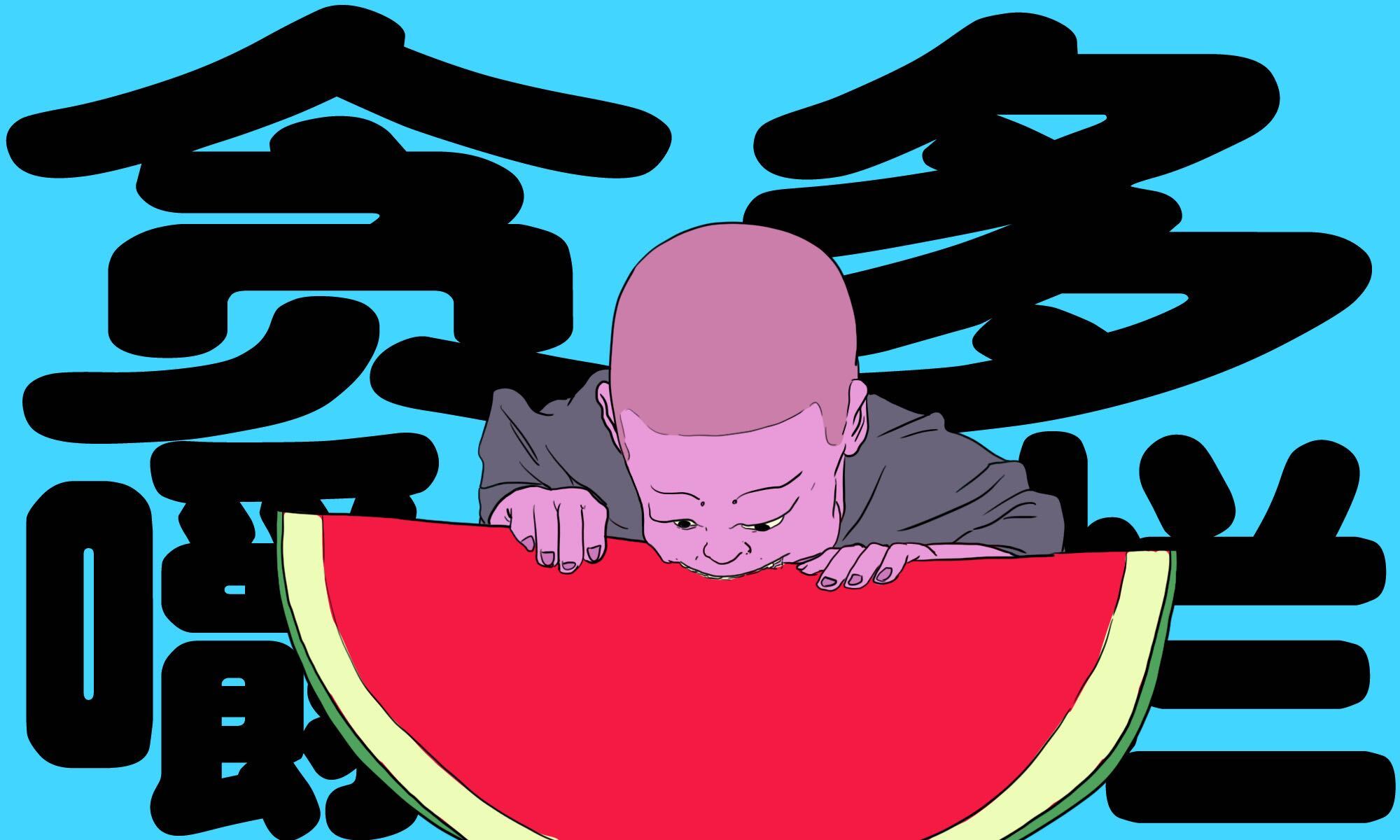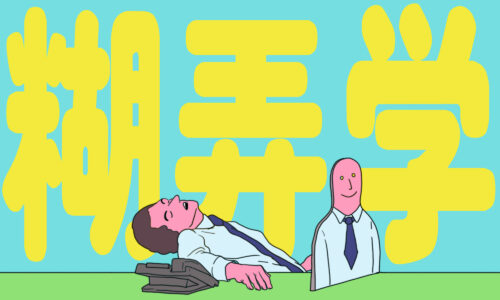‘Bite off more than you can chew’ — Phrase of the Week
When trash collector turned billionaire Huang Guangyu got out of prison, he vowed to restore the glory of Gome, the appliance-retailing chain that once made him China’s richest man. But it turned out he had bitten off more than he could chew.

Our phrase of the week is: Bite off more than you can chew (贪多嚼不烂 tān duō jiáo bú làn).
Context
Gome (国美零售 guó měi líng shòu) was once one of China’s largest electrical appliance retailers.
Founded in 1987 by trashman turned entrepreneur Huáng Guāngyù 黄光裕, Gome became one of the dominant players in China’s fast-growing home appliances market alongside the likes of Suning 苏宁易购 and Galanz 格兰仕 during the 1980s and 1990s.
But Gome has fallen into utter turmoil in recent months. Top executives have walked out, while the company has laid off 40% of its headquarters staff, cut wages of those still employed by the company, and fallen out with one of its biggest international customers — Whirlpool.
Having done a 10-year stint in jail for corruption and insider trading, Huang took back the reins of the company upon his release in February 2021, making a bold promise:
In 18 months, we will take Gome, with its falling sales in recent years, back to its former market-leading position.
要用18个月时间将最近几年销售成绩呈下滑趋势的国美恢复到原有的市场地位
Yào yòng 18 gè yuè shíjiān jiāng zuìjìn jǐ nián xiāoshòu chéngji chéng xiàhuá qūshì de guóměi huīfù dào yuán yǒu de shìchǎng dìwèi.
Huang prioritized taking the business online. He outlined his top three priorities — his “three fires” in Chinese (三把火 sān bǎ huǒ) — a historical reference to the Han dynasty, when Zhū Géliàng 诸葛亮 agreed to become Liú Bèi’s 刘备 general, leading three fire attacks against Cáo Cāo’s 曹操 army in quick succession. The final and most devastating conflict was the Battle of Red Cliffs (赤壁 Chìbì), fought in the winter of A.D. 208–209 at the end of the Han dynasty on the southern banks of the Yangtze River, when Cao Cao’s entire armada was sacked. We explored this in a previous phrase of the week, suffer a crushing defeat (折戟沉沙 zhé jǐ chén shā).
Huang’s “three fires” were the launch or acquisition of the apps Very Happy (真快乐 zhēn kuàilè), Discount on Discount (折上折 zhé shàng zhé), and Home Designer (打扮家 dǎbàn jiā).
A year and a half later, the company’s performance has fallen far short of expectations. In 2021, Huang’s first full year back in the job, Gome reported a net loss of 4.4 billion yuan ($651.27 million). The failure is down to a combination of reasons, but one stands out, as articulated by a columnist at the business news site 36kr:
In the end, Gome has bitten off more than it can chew. It would have been better to focus on its main business rather than trying to diversify.
归根究底,贪多嚼不烂,与其进行多元化布局,不如聚焦主业。
Guīgēn jiū dǐ, tān duō jiáo bú làn, yǔqí jìnxíng duōyuán huà bùjú, bùrú jùjiāo zhǔ yè.
Translation
Bite off more than one/you can chew is a colloquial Chinese phrase, similar in meaning to its English equivalent. Another way to say the same thing in English is spread yourself too thin.
The characters directly translated are: want or greed (贪 tān), lots (多 duō), cannot chew (嚼不烂 jiáo bú làn). In other words, you want more food than you can possibly eat. The phrase originates from the Ming dynasty.
It first appears in a collection of short stories, Slapping the Table in Amazement, Part II (二刻拍案惊奇 èr kè pāi’àn jīngqí), by Ming writer Líng Méngchū 凌蒙初.
The short stories offer a detailed portrait of the 17th-century Chinese moral world. The outrageous and wildly imaginative stories have remained popular reading for centuries and are still well liked today.
Slapping the Table, Parts I and II were composed in the middle of the 17th century toward the end of the Ming dynasty, and near the end of Ling’s life. There are 78 stories in total, containing folk legends, romances, and unofficial history. Bite off more than you can chew appears in the fifth story:
And where are today’s children? They are eating more than they can chew.
而今孩子何在?正是贪多嚼不烂了。
Érjīn háizi hézài? Zhèng shì tān duō jiáo bú lànle.
Huang’s bold statements might have been realized had he not fallen into the trap of those Ming dynasty children: Biting off more than they could chew.






